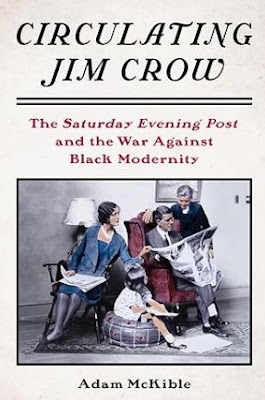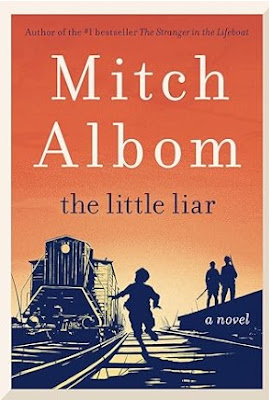Part history and part cultural analysis, The Grift chronicles the nuanced history of Black Republicans. Clay Cane lays out how Black Republicanism has been mangled by opportunists who are apologists for racism.
After the Civil War, the pillars of Black Republicanism were a balanced critique of both political parties, civil rights for all Americans, reinventing an economy based on exploitation, and, most importantly, building thriving Black communities. How did Black Republicanism devolve from revolutionaries like Frederick Douglass to the puppets in the Trump era?
Whether it's radical conservatives like South Carolina Senator Tim Scott or Supreme Court Justice Clarence Thomas, they are consistently viral news and continuously upholding egregious laws at the expense of their Black brethren. Black faces in high places providing cover for explicit bigotry is one of the greatest threats to the liberation of Black and brown people. By studying these figures and their tactics, Cane exposes the grift and lays out a plan to emancipate our future.
Clay Cane is an award-winning journalist, writer, radio host, and political commentator. A graduate of Rutgers University with a degree in African-American Studies, his work on race, culture, and politics have appeared in national publications, including the Washington Post, CNN, and The Grio. He is the director of the original BET documentary Holler If You Hear Me: Black and Gay in the Church, which was screened at the Obama White House. In 2017, The Clay Cane Show launched on SiriusXM Urban View channel 126. Clay is a regular political commentator on MSNBC. The Grift is his second book, his first being Live Through This: Surviving the Intersections of Sexuality, God, and Race. ClayCane.net, @claycane
Sourcebooks
ISBN-13 978-1728290225



















